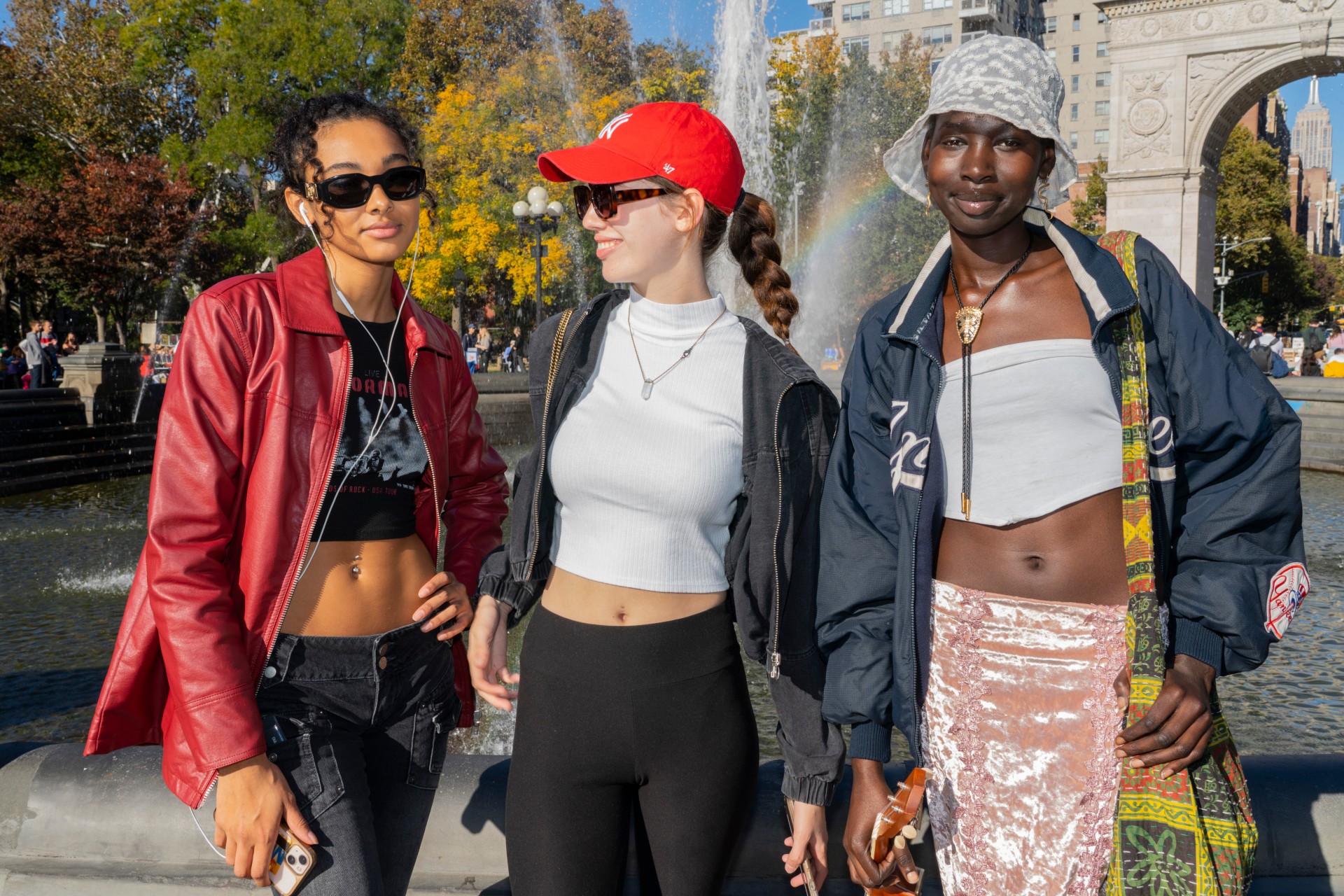- Platforms like TikTok, YouTube Shorts, and Instagram Reels are now cultural battlegrounds where Gen Z tests trends, reshapes language, and even revives old-school music.
A silent revolution is underway in Kenya’s entertainment scene—and it’s being driven by the generation born between the late 1990s and early 2010s. From TikTok skits and Instagram Lives to fast-paced editing and viral sounds, Gen Z is rewriting the rules of what it means to be entertained—and who gets to do the entertaining.
Gone are the days when prime-time television and FM radio were the ultimate arbiters of cool.
Today, it’s about immediacy, authenticity, and visibility. Whether it’s a 30-second lip-sync on TikTok, a comedic rant on X (formerly Twitter), or a raw behind-the-scenes Instagram Reel, Gen Z creators are leaning into a new kind of storytelling—one that’s fast, funny, real, and relatable.
In their hands, content is less polished but more powerful. It's not uncommon for a high school student in Kisumu or Eldoret to go viral overnight with a quirky dance challenge or an unapologetic hot take.
Platforms like TikTok, YouTube Shorts, and Instagram Reels are now cultural battlegrounds where Gen Z tests trends, reshapes language, and even revives old-school music.
Read More
A forgotten genge or Kapuka hit from the early 2000s can suddenly become a trending sound because someone decided to lip-sync it with a twist of humor or nostalgia. Traditional artists are taking note, with many collaborating with digital creators or adapting their marketing strategies to stay relevant.
But it’s not just about fun. Young Kenyans are using entertainment to challenge norms and address issues. From skits that mock toxic workplace culture to songs that talk about mental health, Gen Z is using humor and satire to open up deeper conversations.
They are not afraid to critique politics, question beauty standards, or call out clout-chasing behavior—often in the form of memes or skits that travel faster than any formal opinion piece ever could.
Monetization has also shifted. With brand deals, influencer gigs, content partnerships, and YouTube earnings, some Gen Z creators are turning their hobbies into full-fledged careers.
They aren’t waiting to be discovered—they’re building their own audiences. And with access to editing apps, ring lights, and smartphones, the production tools they need are often already in their pockets.
This generational shift is also creating tension. Older entertainers and broadcasters sometimes dismiss the new wave as unserious or lacking depth. But Gen Z is not trying to copy the past—they’re creating their own path. One that blends humor with activism, and individuality with mass appeal.
In a world constantly competing for attention, Kenyan Gen Zs are proving that they don’t just consume entertainment—they shape it. And as their influence grows, one thing is clear: the future of Kenyan pop culture will not be televised—it will be streamed, stitched, and shared.












